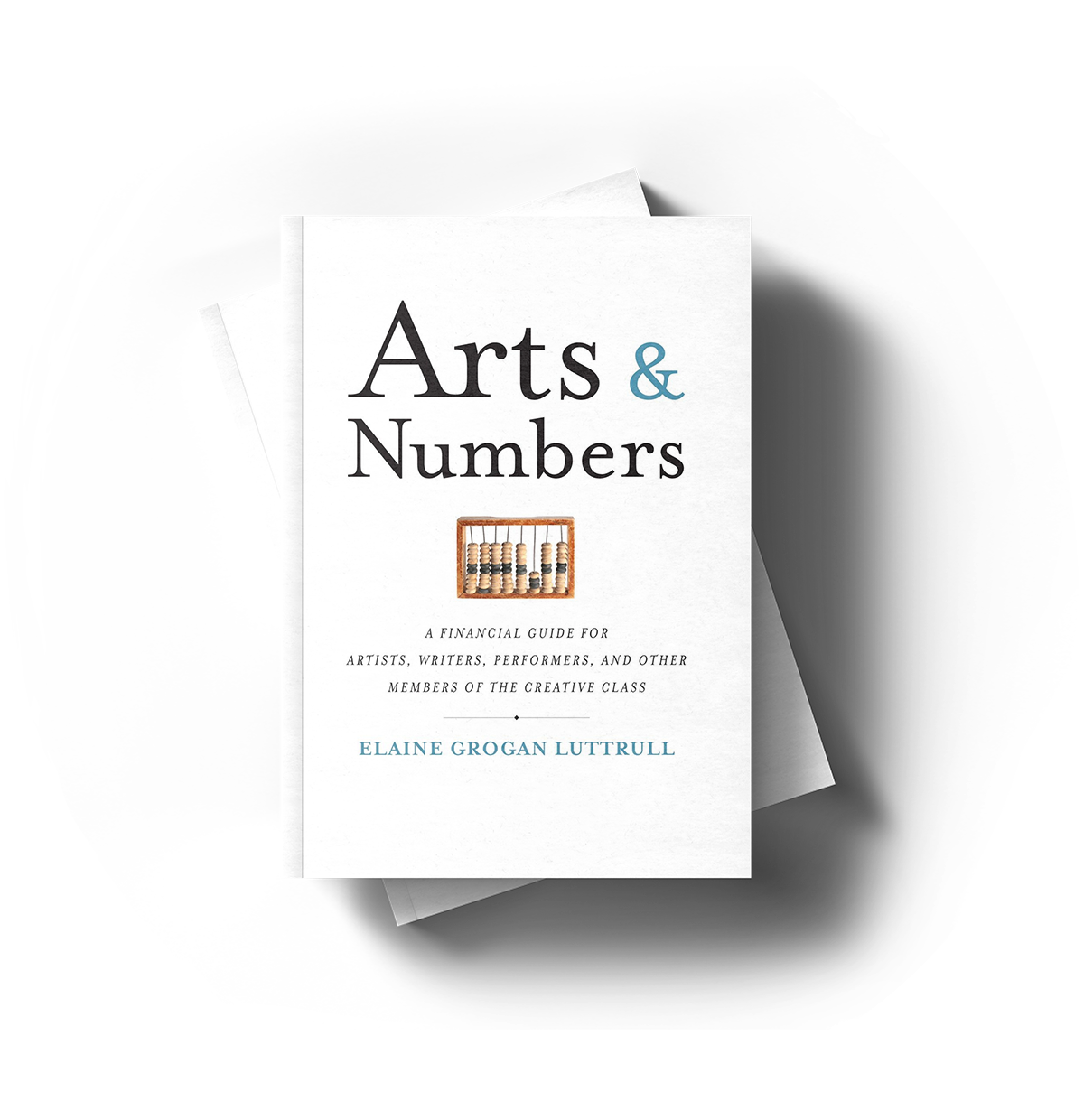November 16, 2015 • Events & Media
 Sometimes it’s hard to talk about the world to our children. As the horrors around the world—Beirut, Paris, Baghdad, and more—evolved last week, the news was everywhere. The front page of our Sunday paper had large headlines, which my daughter can now read, and my attention throughout the weekend was distracted by challenging news, both domestically and abroad.
Sometimes it’s hard to talk about the world to our children. As the horrors around the world—Beirut, Paris, Baghdad, and more—evolved last week, the news was everywhere. The front page of our Sunday paper had large headlines, which my daughter can now read, and my attention throughout the weekend was distracted by challenging news, both domestically and abroad.
It comforted me to share the Fred Rogers tip (“Look for the helpers”) and to talk about the attacks in Paris in an age-appropriate way that would convey both the severity of the situation and our immediate safety and security, while building empathy and tolerance for those around the world.
But in truth, it is hard every single day to talk about goings on we don’t fully understand. We don’t need worldwide acts of terror to find difficult conversations. Talking about race relations in our own cities is challenging. Addressing income inequality is challenging. Explaining nuances of presidential campaigns is challenging, especially when the rhetoric is so angry and divisive.
I’m comforted by a long time horizon. I find it easier to incorporate these conversations into our daily conversations when I don’t have to convey the entirety of decades of cultural changes into one conversation. I couldn’t possibly cover all the details in one sitting; certainly not in a way my daughter understands and appreciates.
But I can incorporate aspects of the conversation on an ongoing basis, in the hopes that the gist of my message will sink in over time.
Conversations about money are the same. Sometimes we find it challenging to talk to our children about money. There are plenty of reasons for this—all valid. Perhaps we are insecure in our own financial literacy. Perhaps we don’t want our children to worry. Perhaps we don’t want them repeating information to friends or teachers at school. Perhaps we simply don’t have the time or the energy.
I’ve heard them all, although usually I hear them from creative adults who felt this part of their childhood education was extremely lacking.
So let’s do better.
Ron Lieber addressed this topic in a January 2015 article in the Times. He shared stories of families who were incorporating financial literacy into their daily lives, so that their children would get the overall gist of the conversation. They would create a solid foundation for engaging with financial topics throughout their lives. They wouldn’t necessarily create financial savants. That isn’t the point. But raising empowered, tolerant adults is.
And by the way, that’s true whether we’re talking about money or terror or racial tensions or economic inequality.
Creating a baseline expectation of literacy and tolerance removes fear and shame from the equation and leads to humans empowered to participate in challenging conversations.
Using something tangible (like cash or coins) to help quantify income and expenses is effective; anytime we can connect something vague (“income”) to something tangible we minimize its mystery. (I favor the use of Legos instead of bills and coins, but really anything works.)
Understanding the root of the question helps too. Lieber suggests, “Why do you ask?” as a way of getting to the root of the question. I use the open-ended “Tell me more about that…” both in class and with those I love. Especially when I need a moment to construct a coherent thought.
Quantifying the tradeoffs builds financial equivalencies and turns financial decisions into games of “Would You Rather.” For example: Would you rather go out to dinner or save for retirement? Would you rather celebrate with a nice meal or a nice gift? Would you rather dine out twice per month or hire someone to mow the lawn? (That’s a real one from our lives, by the way.) Lieber includes examples of this as well, particularly related to kids’ activities.
And of course, acknowledging the limitations of our own knowledge helps too. I don’t think we have to always know the answers. But it is definitely helpful to know where to start looking for them.
When we look for conversation starters in our daily lives—particularly when they relate to topics we find challenging to discuss—we remove the taboo of the topic at hand. Paying the bill at a restaurant is a perfect time to do that. So is planning for a birthday party. So is the check-out line at the grocery store. Or the coffee shop. Or the gas station. Or the drug store. Or the farmer’s market. Or a football game.
Only by acknowledging, confronting, and solving these issues can we move forward, both individually on our own knowledge paths and as a society. I’d much rather raise a daughter with an age-appropriate level of information about the world around her, flaws and all. I’d much rather she build a basic sense of numeracy and financial literacy than no foundation at all.
Then real life won’t seem so daunting or impossible to navigate. Even when it is really, really difficult.


